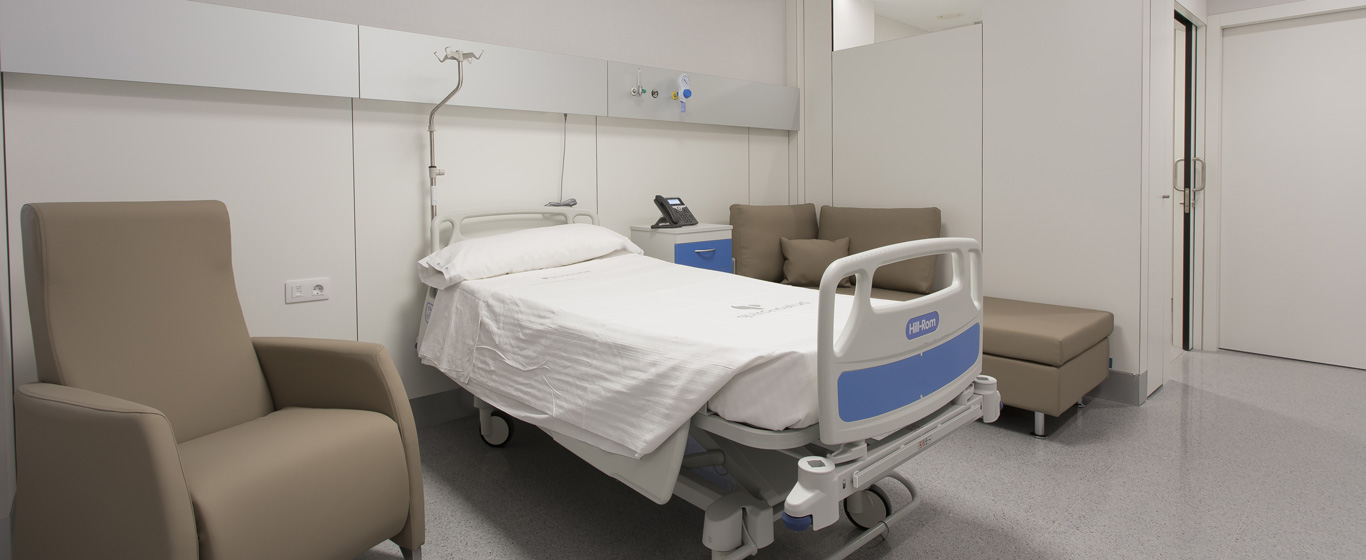Meningitis
What are the symptoms of meningitis? Information on the types, consequences, and most effective treatments for this disease.
Symptoms and Causes
Meningitis is an inflammation of the meninges, which are the membranes covering the brain and spinal cord, caused by an infection. Depending on the origin of this infection, there are four different types:
- Viral Meningitis: caused by a virus, usually enterovirus. It is the most common and least dangerous.
- Bacterial Meningitis: caused by bacteria, commonly Streptococcus agalactiae, Neisseria meningitidis, Streptococcus pneumoniae, or Haemophilus influenzae.
- Fungal Meningitis: rare, contracted by inhaling fungal spores, and typically affects people with weakened immune systems.
- Eosinophilic Meningitis: caused by parasites and is very uncommon.
The two most common types of meningitis in Spain, bacterial and viral, are highly contagious and usually spread through close contact with infected individuals. Due to its nature, fungal and eosinophilic meningitis are not contagious among humans.
Symptoms
The symptoms of meningitis can be confused with those of the flu. However, there are some key differences that should be noted, as the severity of the disease varies. The most significant signs include:
- Headache
- Sudden high fever
- Nausea and vomiting
- Neck stiffness
In addition to the more obvious symptoms, some people may also experience drowsiness, rashes, seizures, photophobia, confusion, or loss of appetite and thirst.
The symptoms of meningitis in babies are different. Since they cannot describe their discomfort, it is important to recognize these signs in order to detect the disease as early as possible:
- High fever
- Irritability
- Constant crying
- Excessive sleep and difficulty waking up
- Vomiting
- Bulging fontanel
- Stiffness in the neck and overall body stiffness
Causes
The cause of meningitis is a viral infection, although it can sometimes be bacterial. When the cause is a virus, the disease usually resolves on its own in a few days. However, when caused by bacteria, it can lead to acute meningitis and requires specific treatment as soon as possible.
As it is a contagious disease, it is contracted through close or prolonged contact with infected individuals.
Risk Factors
There are several factors that increase the risk of developing meningitis. Some of the most notable include:
- Age: Viral meningitis is most common in children up to 5 years old, while bacterial meningitis is more common in those under 20.
- Lack of vaccination: Individuals not vaccinated against pneumococcus, Haemophilus influenzae type b, mumps virus, measles virus, chickenpox virus, and meningococcal serogroups A, C, W, and Y are at higher risk of contracting meningitis.
- Having a weakened immune system
- Living in communal settings such as children's centers, university dorms, or military bases
Complications
Meningitis complications can be very severe, which is why prompt attention is essential. When a part of the nervous system becomes inflamed, permanent neurological damage can occur, leading to:
- Hearing loss
- Difficulty walking
- Renal failure
- Memory problems
- Brain damage
- Slower-than-normal learning
- Death
Prevention
The best way to prevent meningitis is to follow health recommendations and adhere to the vaccination schedule. This ensures immunity against various diseases, specifically meningitis.
In cases where contact with an infected person has occurred, chemoprophylaxis, which involves taking antibiotics, is used. However, some types of meningitis do not require antibiotic treatment.
Which doctor treats meningitis?
Neurology specialists are the experts in diagnosing and treating meningitis. As it is common among children, pediatricians also handle it in their consultations.
Diagnosis
In addition to analyzing the patient’s medical history and performing a physical exam, the best way to diagnose meningitis is by studying cerebrospinal fluid to determine its origin. This requires performing a lumbar puncture. Promptness in performing this test is crucial for the course of the disease.
Additional tests, such as an MRI, may be requested to assess if there is any inflammation.
Treatment
The treatment for meningitis depends on the agent causing it. In viral cases, rest and plenty of fluids are recommended, as the condition usually resolves on its own within a few days. In bacterial meningitis, antibiotics are necessary, and corticosteroids may sometimes be used to halt the disease and reduce the risk of complications.









































































































